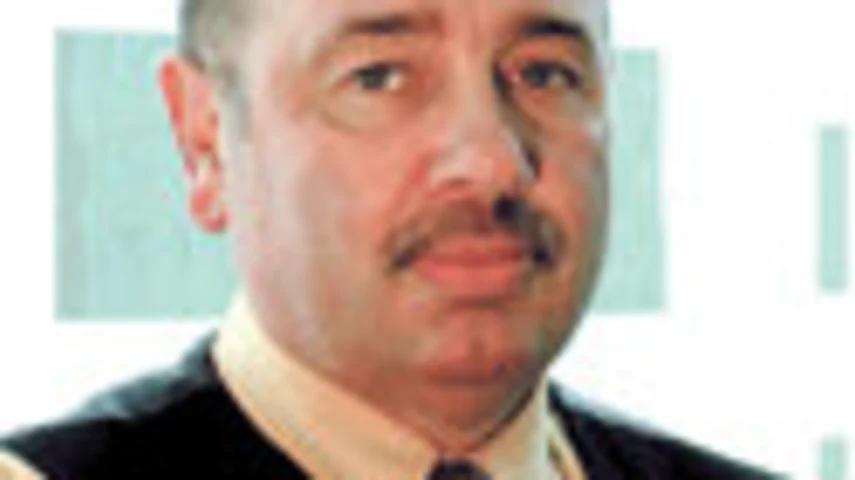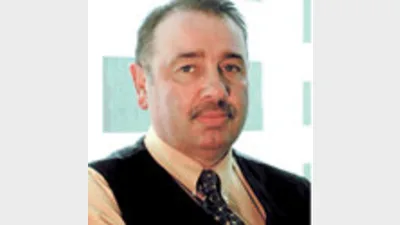Industry super funds: it's time to end the polemic



It is time for Industry Super Network's David Whiteley to put down the verbal cudgels and for his industry funds’ backers to cease their consequent expenditure of members’ funds.
The executive manager of the Industry Super Network, David Whiteley, is a polemicist.
Whiteley has been the mouthpiece of the industry funds movement in its campaign against the payment of commissions with respect to the provision of financial advice. He must be adjudged as doing his job well.
But one of the necessary skills in conducting a successful polemic is being able to recognise when the argument is won.
That being the case, it is time for Whiteley to put down the verbal cudgels and for his industry funds’ backers to cease their consequent expenditure of members’ funds.
With the Financial Planning Association having moved to phase out commissions, with the Investment and Financial Services Association having cemented its new superannuation charter and with the Parliamentary Joint Committee on Corporations and Financial Services (Ripoll inquiry) having delivered its report, it is time to declare a ceasefire.
If Whiteley and his industry fund mentors wanted any proof of the need to accept a truce, they need only have listened to the words of the Minister for Financial Services, Superannuation and Corporate Law, Chris Bowen, and the chairman of the Ripoll inquiry, Bernie Ripoll.
Bowen told the Association of Superannuation Funds of Australia conference earlier this month that it was time for superannuation funds to be thinking about the future of the industry rather than trying to gain a competitive advantage over other funds.
Similarly, Ripoll said the quality of financial advice mattered more than how clients paid for it.
The industry funds movement has spent many millions of dollars of its members’ money prosecuting a highly successful campaign. The evidence of that success is manifested in the level of membership growth achieved.
It is unlikely that the industry funds movement or, indeed, the financial planning industry will be pleased with all the recommendations of the Ripoll inquiry. Nonetheless, they should accept the broad outcome and dispense with the battles of the past.
Recommended for you
In this episode of Relative Return Insider, host Keith Ford and AMP chief economist Shane Oliver unpack the RBA’s decision to keep the cash rate on hold in the face of rising inflation and whether the governor’s hawkish tone is a sign of things to come.
In this episode of Relative Return Insider, host Keith Ford and AMP chief economist Shane Oliver discuss the September quarter GDP figures, which show Australia’s economy regaining momentum.
In this new episode of The Manager Mix, host Laura Dew speaks to Haley Devine, head of wealth management at MaxCap Group, to delve into private credit and commercial real estate.
In this new episode of The Manager Mix, host Laura Dew speaks to Benjamin Leung, head of systematic investments at Macquarie Asset Management, to understand the use of systematic investments.







